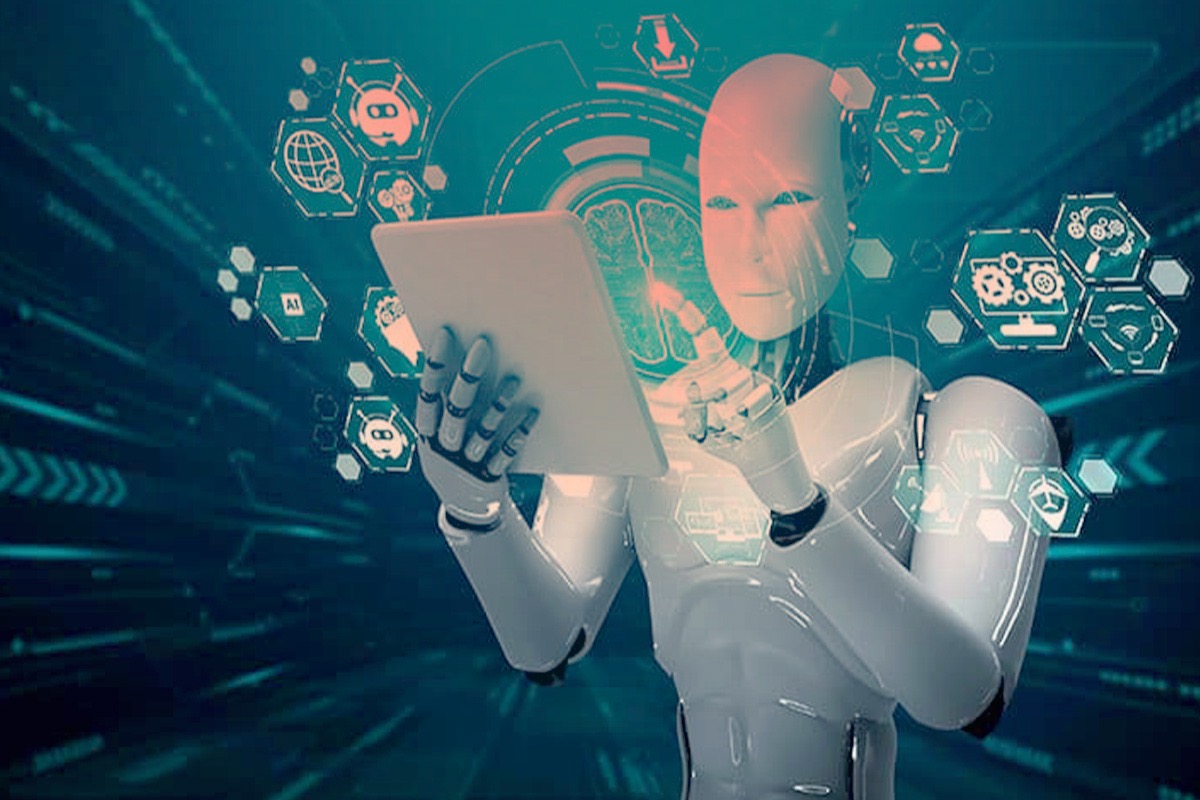

Romania has introduced the world’s first non-human government advisor – completely run on AI – to help it effectively gather public opinions and priorities.

Romania has become the first country to appoint a non-human government advisor – an artificial intelligence (AI) powered system – to help the European nation meet public demands, a move that has left the tech community divided.
Named ‘Ion’, the new “honorary adviser” will be used to “quickly and automatically capture the opinions and desires” submitted by Romanian citizens.
Ion was introduced to the Romania federal cabinet by Prime Minister Nicolae Ciucă earlier this week, with a face and words appearing on a digital screen. The AI advisor responded to the prime minister’s prompts along with a computerised voice.
“We are talking about the first government adviser to use artificial intelligence both nationally and internationally,” Politico quoted PM Ciucă as saying.
Ion will collect suggestions from Romanians from a dedicated website as well as from social media posts. It will collect and synthesize public suggestions for the federal government to consider. Ion will draw up reports about the demands and priorities of Romanians.
In India – the global emerging hub of technology and innovation, the deployment of an AI system in policy-making roles has sharply divided engineers, researchers and technical experts.
While some technology enthusiasts suggest that the government of India should also look for options to leverage AI technology more aggressively, others advised caution.
“It is an interesting development. India should also try it,” says New Delhi-based techno-legal expert Vijay Sardana told The New Indian.
He says a system like Ion will capable of capturing organic opinion and true public feelings since it captures inputs from sources like social media where people express their feeling freely.
“In an informal setting like social media, people express their true feelings whereas, in formal settings, they project what their bosses want to hear. If they want a better decision-making process, at least this AI bot will provide them with a lot of data about the current thinking in the society so that the government can take corrective measures,” Sardana says.
Many, however, say AI-powered systems like Ion and ChatGPT can’t be relied upon at his juncture, and can’t be compromised or even threaten existing systems.
“AI has notoriously failed in capturing or responding to intangible human factors that go into real-life decision-making. You can’t trust AI on ethical or moral decisions and other human considerations that guide the course of business life and society at large,” argues Lucknow-based AI and robotics engineer Milind Raj.
Raj says AI systems are still initial stages of development and are prone to data hacking which can “jeopardise national security”.
In response to concerns about trust and safety, Sardana cites examples of robotics surgery, autopilot, and autonomous drones.
“The question is on the trust factor, which takes time. Technology is evolving. In future, data systems, algorithms, and checks and balances will improve. Whenever humans have put the right thought process, technology has overtaken human intelligence,” he adds.